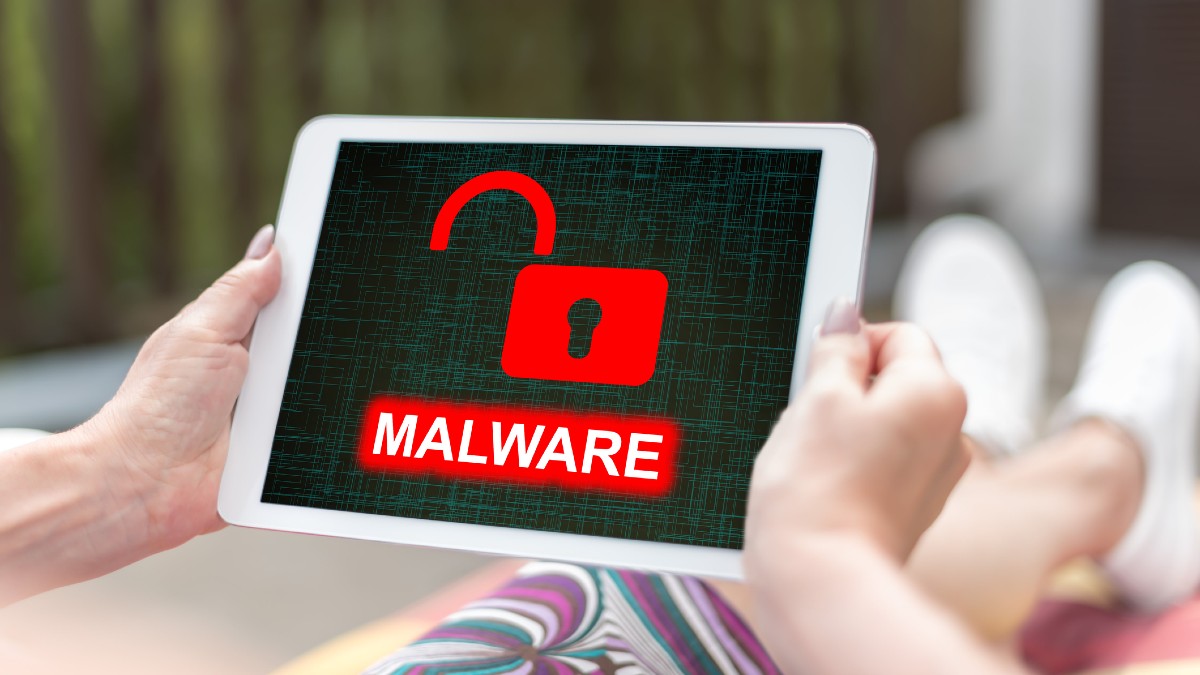When it comes to mobile devices, it’s Apple vs. everyone else. The iOS-powered iPhone and iPad are produced by the same company, while you can get an Android device from many manufacturers. The debate is one for the ages, but Apple fans have always had one key argument in their favor: malware and virus protection.
There has been a misconception for years that Apple devices are immune from malware. The truth is that there’s no such thing as perfect security. Developers and hackers are constantly playing catch-up with each other. For every new form of security, there is someone out there trying to crack it. And Apple products are not exempt. Tap or click here for signs your device is infected.
Hackers want your information and they have plenty of tools at their disposal, though you can minimize your risk.
Don’t jailbreak your phone
Jailbreaking your iPhone can be tempting. By removing its built-in limitations, you can install third-party apps at your whim, customize settings, delete unwanted factory apps and more. But you also expose yourself to new problems, such as voiding your warranty and losing access to service at the Apple store. Worst of all, you give up Apple’s built-in protection.
Related: Think your boss is spying? Check for these programs and apps
One of the most common ways to introduce bad code to your device is through an app. Apple combats this with App Sandbox, limiting how much access an app has to your files, preferences and hardware. All third-party app developers must have App Sandbox enabled in their software before distributing it in the App Store. When you download an app outside the official store, you lose this layer of security.
A hot spot for cybercrime
Public Wi-Fi carries its own risks, be it a hotel, coffee shop, bar or restaurant. You are relying on that network’s encryption or security, which is usually nonexistent or not strong. A hacker can also access that network the same as you and use it to get into your device.
That same hacker can also create their own hotspot and name it something familiar, inviting unsuspecting guests into their malicious network. That’s why it’s important to avoid public Wi-Fi. If you must use it, you need to stay protected with a VPN. We recommend our sponsor, ExpressVPN. Tap or click here to find out how ExpressVPN tops the competition.
If you’re ready to step up your online privacy game, go with ExpressVPN. As a Komando.com reader, you can visit ExpressVPN.com/Kim today to get an extra three months free.
Basic steps to protect your devices
- Keep your device updated. Apple’s rolling iOS updates and patches not only add nifty new features, but they also include the latest threat protection.
- Clear cookies. If you notice your phone is running slowly, or you are seeing strange popups, try clearing your browser history. Go to Settings > Safari > Clear History and Website Data. This will remove cookies and erase your stored data on sites you have visited. It may also require you to re-enter your passwords in some cases, but a regular sweep of your history is worth the inconvenience. Tap or click here to find out how to clear cookies from your phone.
- Avoid malicious links. Phishing emails are more common than ever and are packed with malicious links. A rule to stick by is don’t click on links in unsolicited emails or texts and do your research before downloading anything.
- Get rid of any apps you aren’t using. Any one of them may be collecting data and the fewer you have, the better. Tap or click here for our tips on the right way to perform an app audit.
It can also help to know what you are facing when it comes to hacks. What is the difference between malware and viruses?
All viruses are malware but not all malware is a virus
Malicious software, or malware, is an umbrella term for anything that can mess with your device or steal your information. Spyware, ransomware, worms and viruses are all forms of malware. The Trojan horse, which creates a “back door” for hackers to access your system, is among the most common malware.
Viruses are software programs that hide inside your device and can replicate themselves over and over to spread to your applications, folders and even other devices. They can be transmitted via email, websites, thumb drives, routers and more. If something feels off with your Apple gadgets, tap or click for ways to remove viruses from them.
Keep your phones and tablets backed up in case the worse does happen. That way, if your device gets infected with ransomware, you don’t have to pay the criminals behind the attack to access your files. We recommend using our sponsor, IDrive.
IDrive helps protect you from scammers and hackers in some major ways while also being a great data storage system for your computer and other devices. Keep scammers away from your data and get IDrive today. Save 50% on your first year when you use promo code Kim at checkout! Your computer and your data will be safer once you do.
